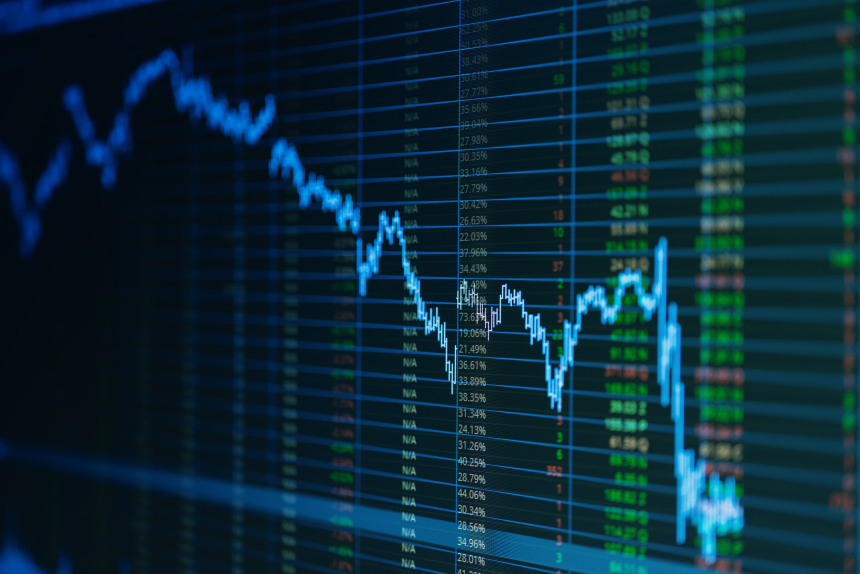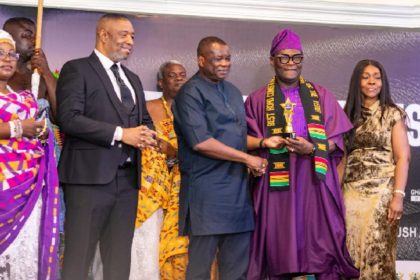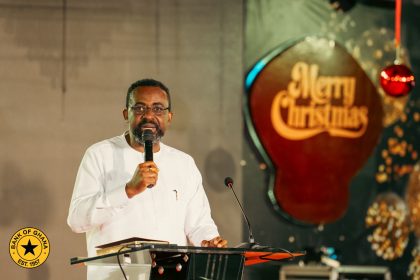Ghana’s economy recorded significant improvement in 2024, driven largely by growth in the industrial sector, particularly construction and gold production.
However, experts warn that fiscal challenges persist despite signs of stability.
Launching the 2024 edition of the State of the Ghanaian Economy Report (SGER) at the Institute of Statistical, Social and Economic Research (ISSER) on Tuesday, Professor Robert Darko Osei, the Director, ISSER, University of Ghana, said last year’s growth was commendable, though the 2025 outlook appeared more moderate.
Prof. Osei explained that the industrial sector’s strong performance had propelled growth, but noted that fiscal consolidation was coming at a cost, especially in reduced capital investment and slower expansion.
“Fiscal consolidation is good and necessary, but it comes with costs. Our fiscal space remains constrained, and investment spending is still low,” he said.
He observed that government’s fiscal prudence in 2025 had yielded positive results, but urged greater efficiency in public spending and smarter investment prioritisation to sustain growth and create more fiscal space.
On revenue mobilisation, Prof. Osei said Ghana’s heavy reliance on the informal sector limited the tax base, cautioning against overburdening existing taxpayers.
“The challenge is not to get the same people to bleed to death with taxes. It’s about expanding the base so more people can contribute,” he stated.
He called for a review of tax exemptions and procurement practices, stressing that improving expenditure efficiency was the quickest way to creating fiscal space in the short term.
Touching on macroeconomic stability, Prof. Osei highlighted the cedi’s strong performance, falling inflation, and rising foreign reserves – estimated at about 12 billion dollars – as positive indicators.
He, however, urged stronger institutional checks and a revitalised Fiscal Responsibility Act (Act 982) with enforcement powers to sustain discipline.
“The economy is certainly on the mend, but we are not out of the woods yet. We cannot afford to sleep,” he cautioned.
On the global front, he noted that falling commodity prices projected by the World Bank could have mixed effects; lowering fuel costs but also reducing export earnings.
He recommended greater value addition and strategic management of gold reserves to cushion the economy against shocks.
Supporting the assessment, Professor Ebo Turkson of the University of Ghana’s Department of Economics described 2024 as one of Ghana’s most stable macroeconomic periods in recent years, citing strong cedi performance, lower debt levels, and improved investor confidence.
“The Ghana cedi is the best-performing currency in the world this year, and for the first time, we could see it appreciate year-on-year,” he said.
He noted that Ghana’s debt-to-GDP ratio had dropped to around 45 per cent, with reserves and the balance of payments improving.
Fiscal deficits were expected to stay within the five per cent threshold as government continued to rein in spending.
Prof. Turkson attributed the progress to better coordination between the Ministry of Finance and the Bank of Ghana, adding that declining interest rates could stimulate private sector credit and growth.
He, however, urged the government to push for structural transformation to sustain the gains, warning that reliance on commodities such as gold remained risky.
“We cannot depend on commodities to build resilience. This is the time to diversify production, support the 24-hour economy initiative, and expand infrastructure to drive industrialisation,” he noted.
The State of the Ghanaian Economy Report is ISSER’s flagship publication, providing annual analyses of Ghana’s macroeconomic performance, fiscal trends, and sectoral developments to guide policymakers, researchers, and the public.
GNA






